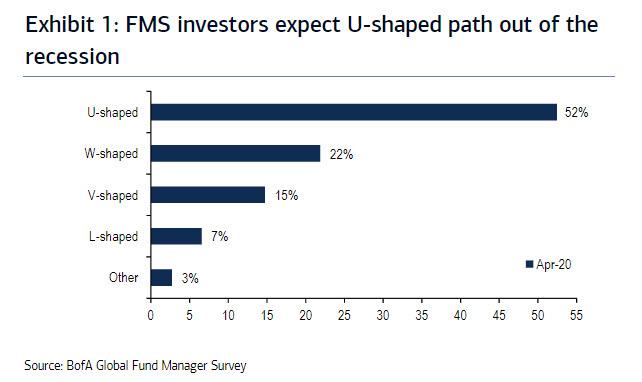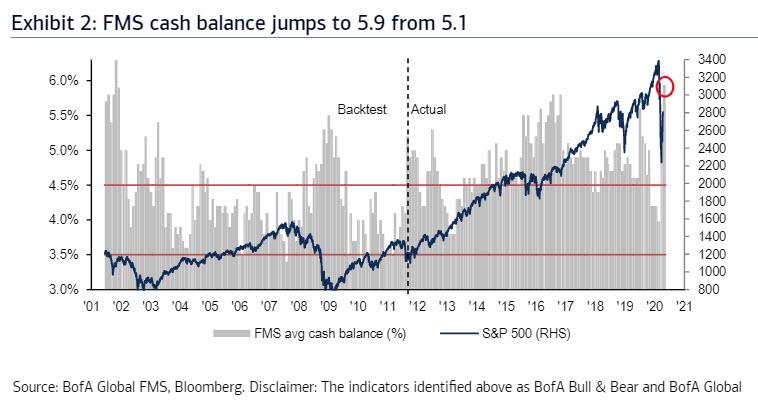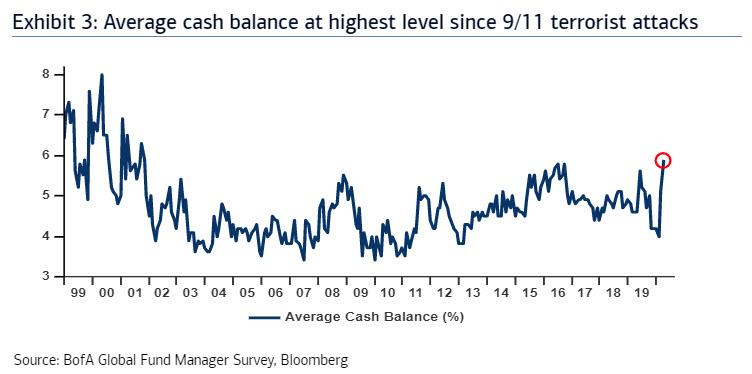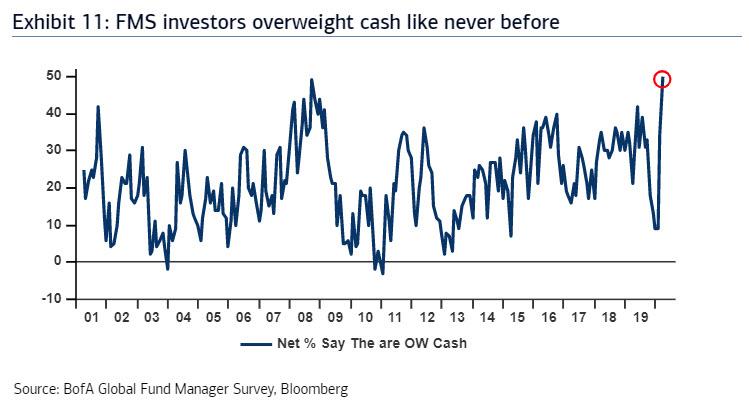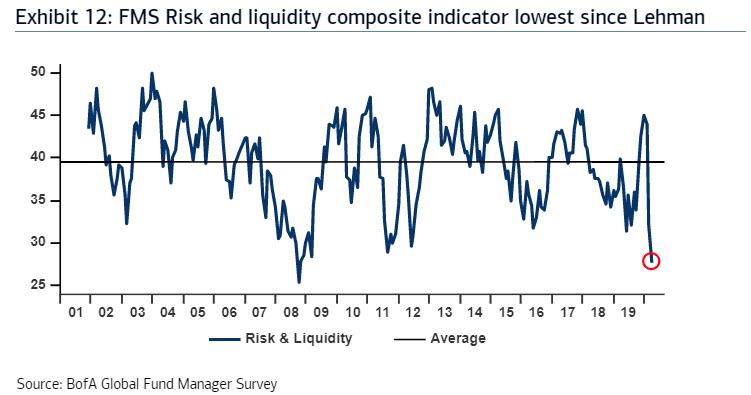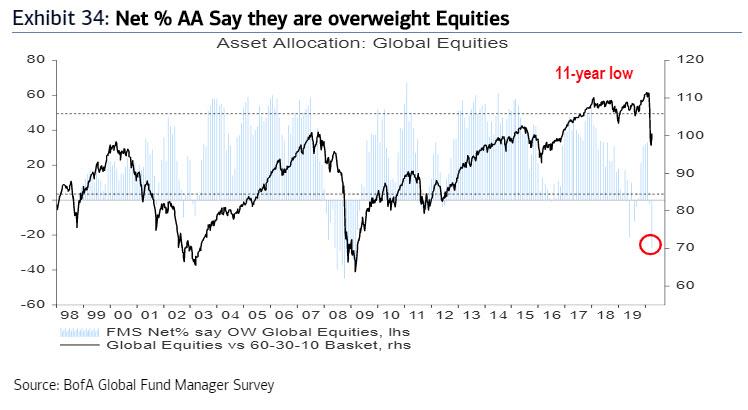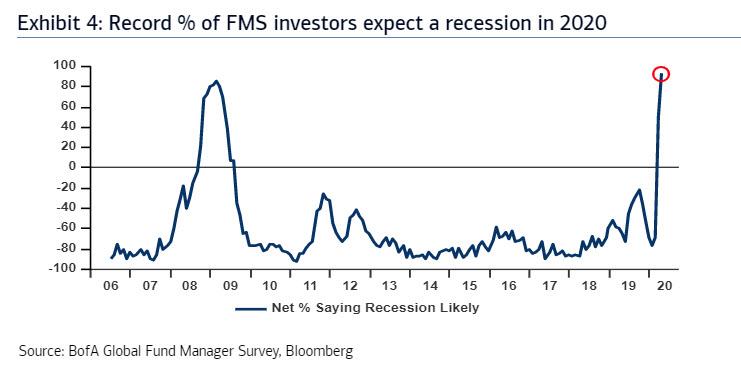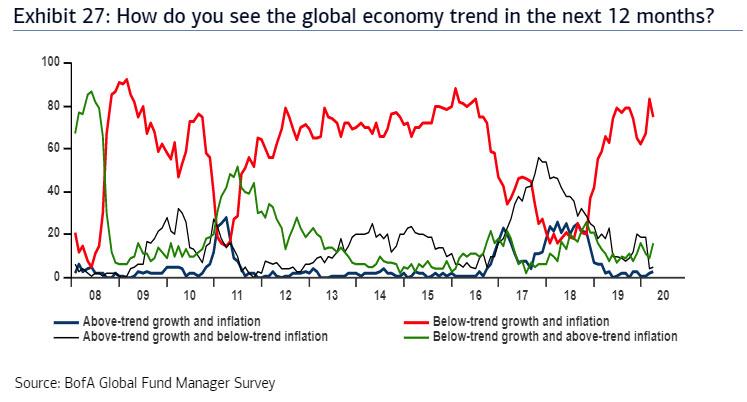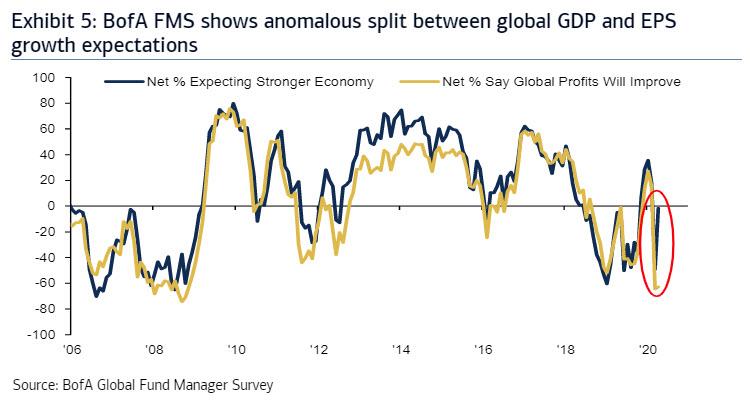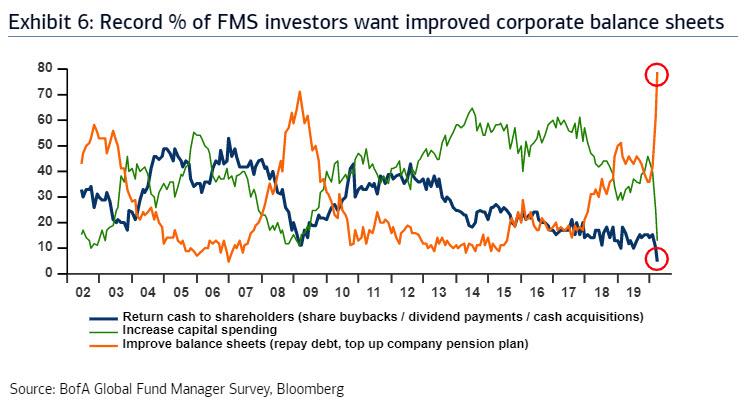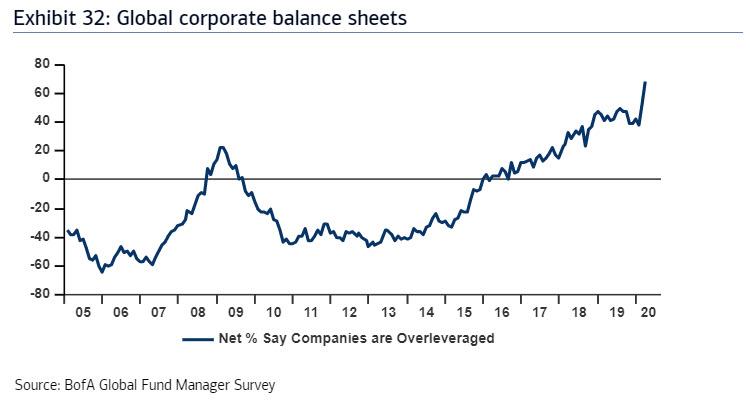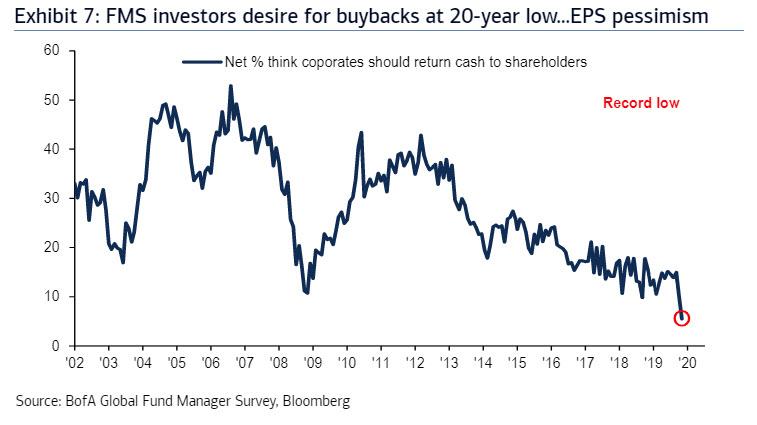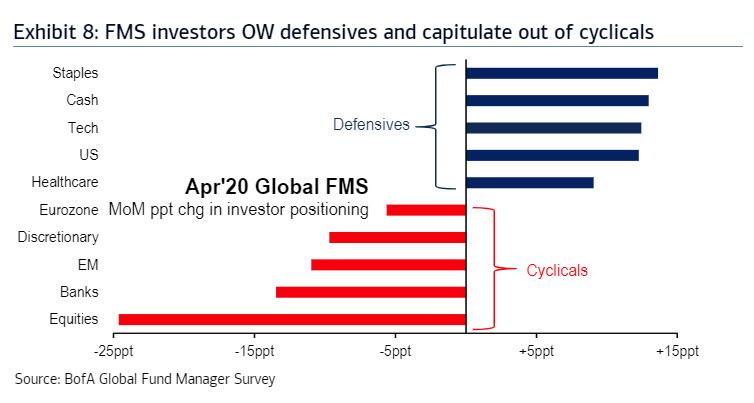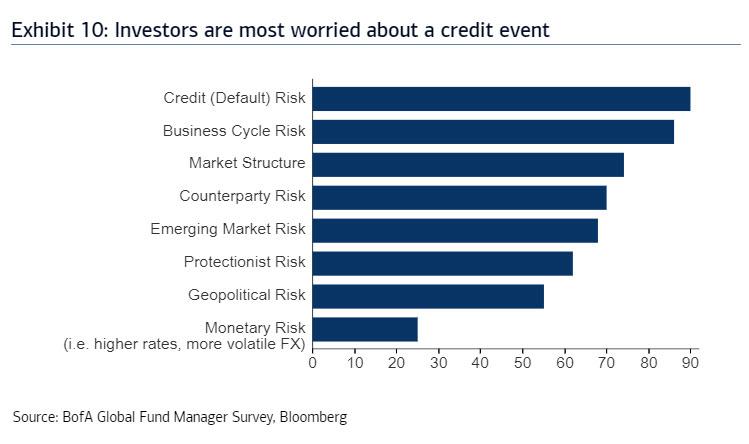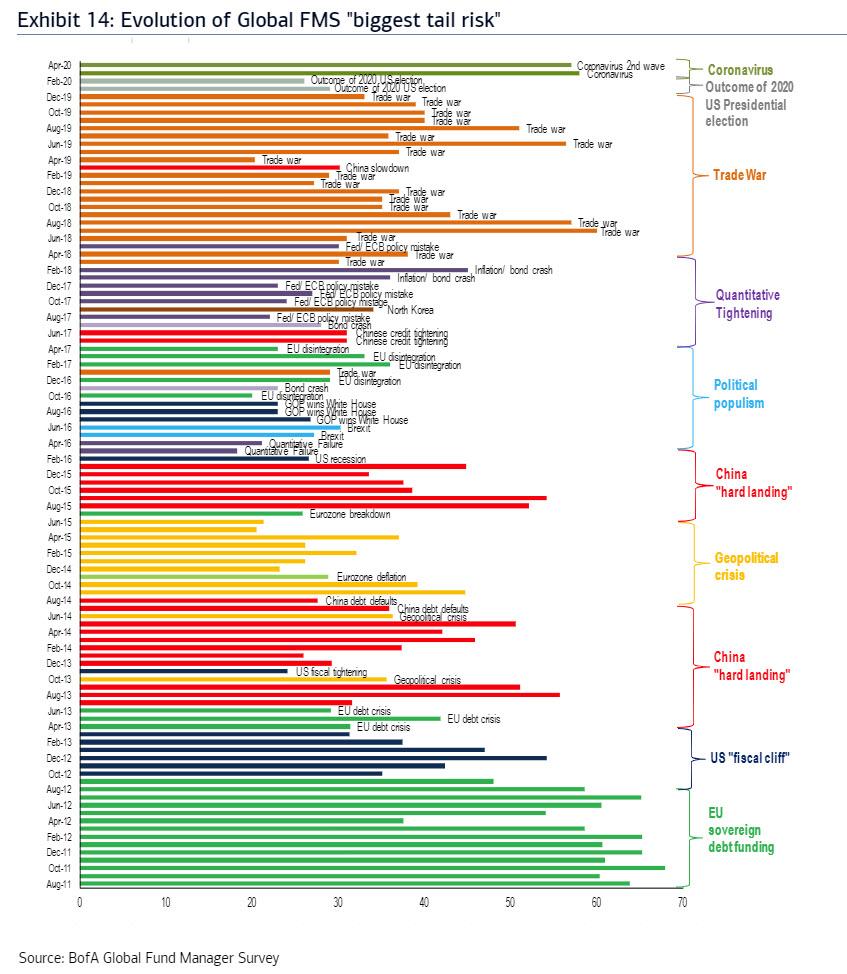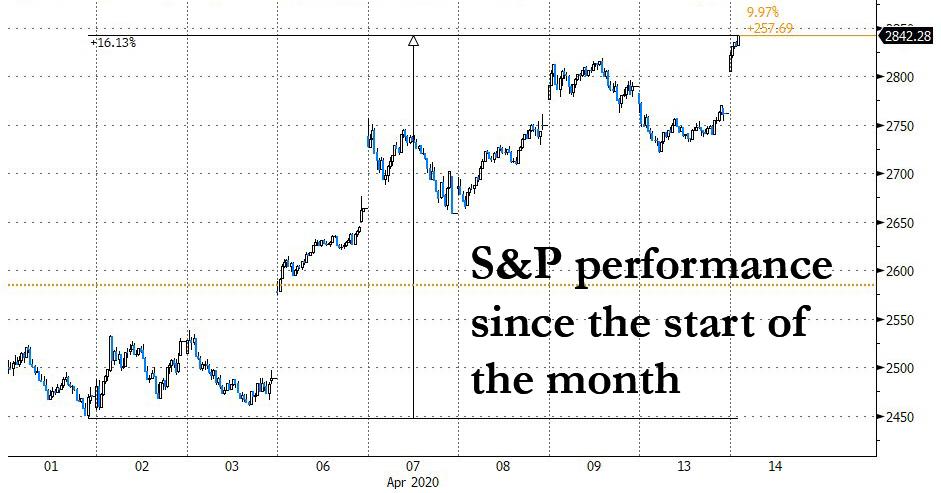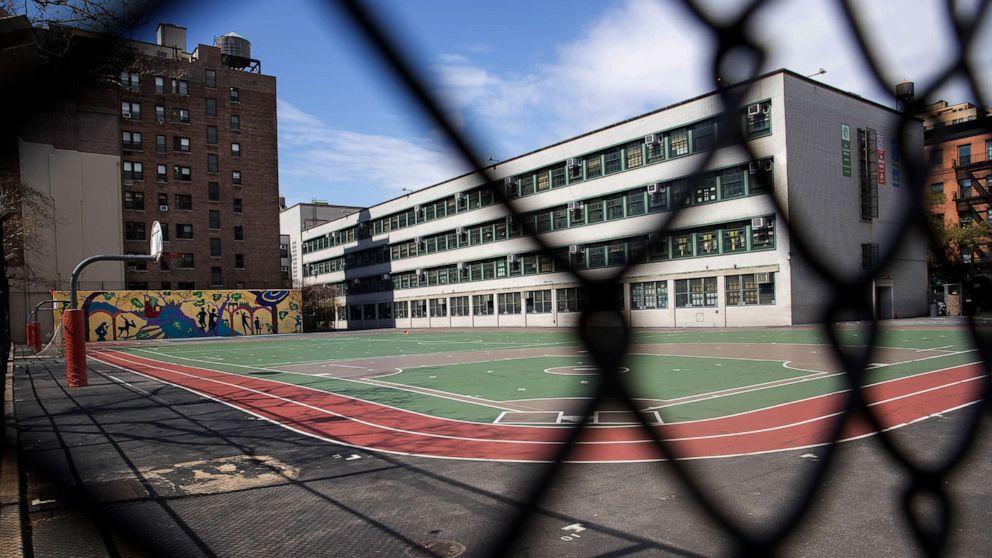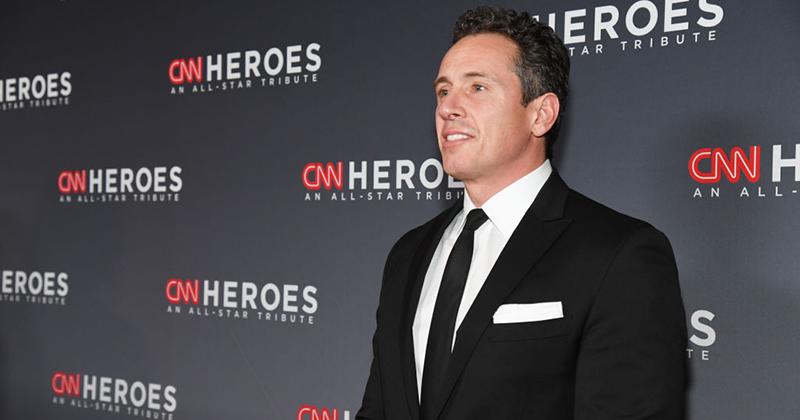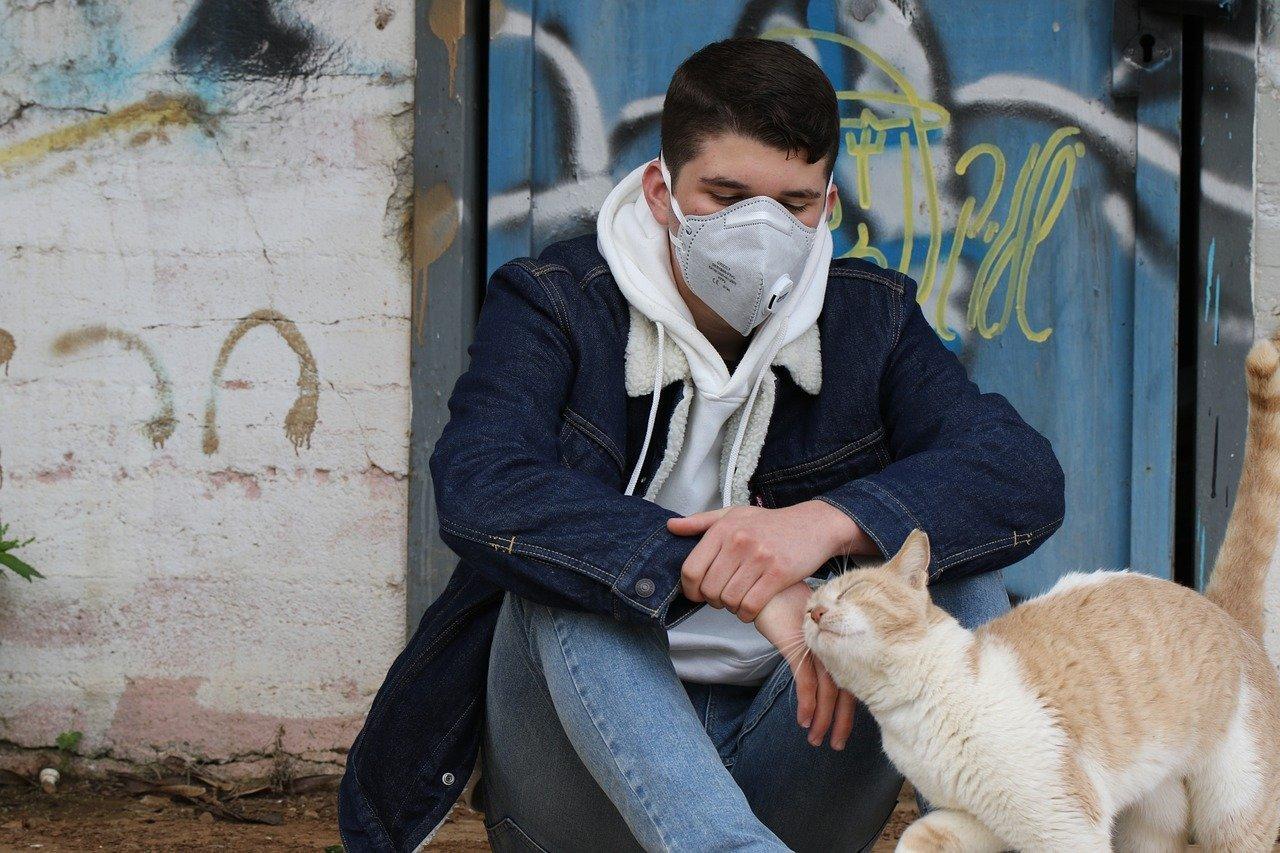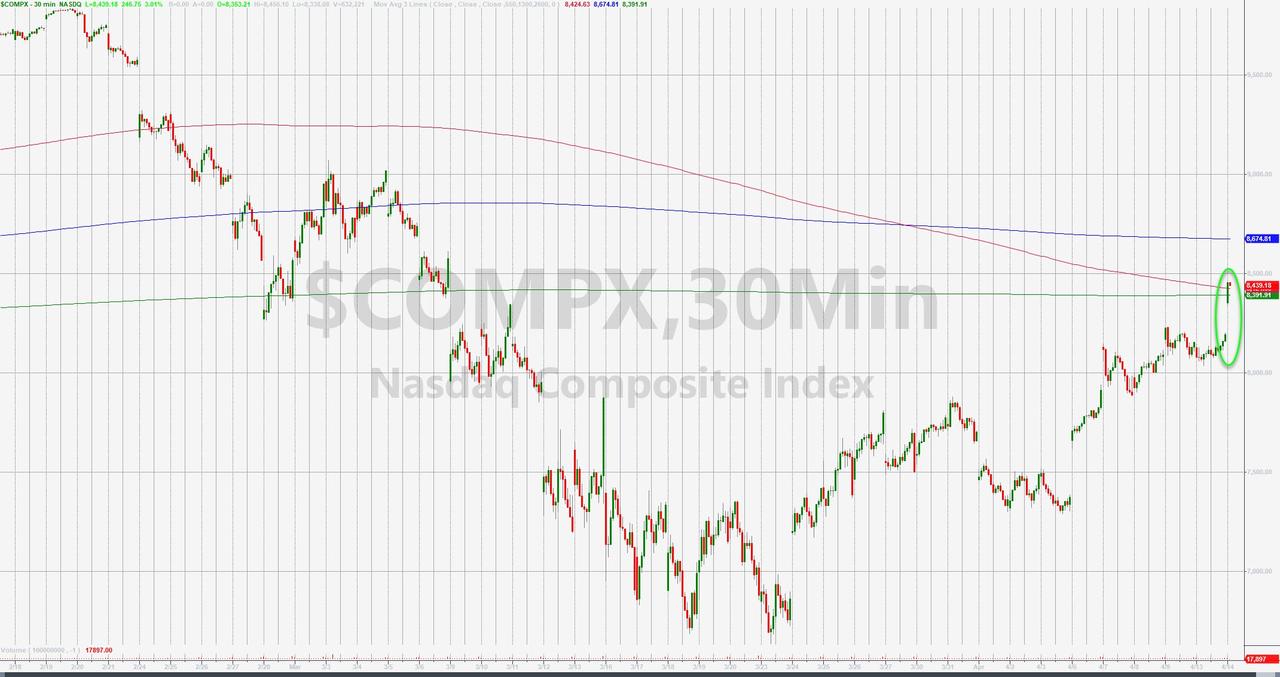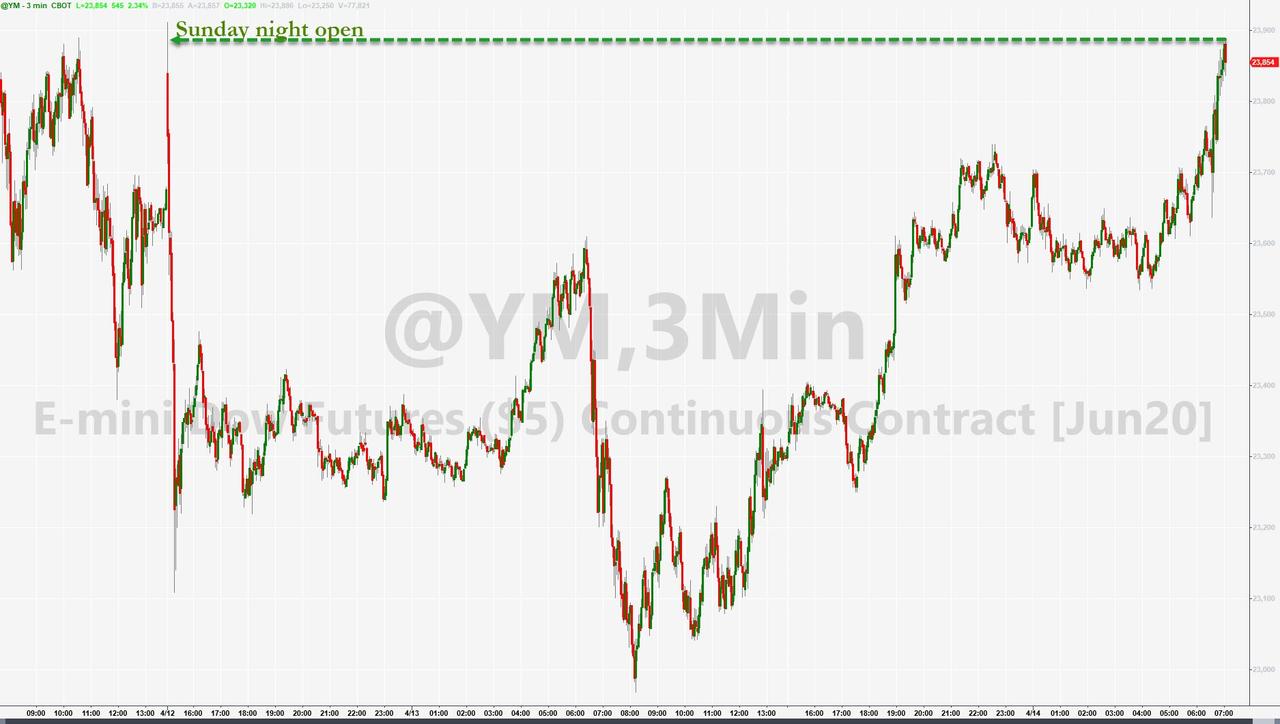Throughout the 1970s, 1980s, 1990s, and 2000s, the issue of federalism sharply divided the Supreme Court. National League of Cities v. Usery (1976) set aside a federal law because it violated the principles of federalism. But less than a decade later, Justice Harry Blackmun changed in his position in Garcia v. San Antonio Metropolitan Transit Authority (1985). Blackmun now contended that the political process, and not the courts, were responsible for protecting state sovereignty. Then-Justice Rehnquist dissented in Garcia. And he offered what would prove to be a prescient prediction:
“I do not think it incumbent on those of us in dissent to spell out further the fine points of a principle that will, I am confident, in time again command the support of a majority of this Court.”
He was right. But I don’t think he could have anticipated how large that majority would eventually become. In recent years, elements of the Rehnquist Court’s federalism jurisprudence have gained unanimous support.
Consider Murphy v. NCAA. All 9 Justices accepted the general commandeering principles articulated in Printz v. United States (1997). Justice Ginsburg wrote a partial dissent for Justices Sotomayor and Breyer that did not dispute Printz, and its predecessor, New York v. U.S. Both Ginsburg and Breyer dissented in Printz.
And more recently, Allen v. Cooper was also unanimous. All 9 Justices went along with the general sovereign immunity framework articulated in Seminole Tribe. Justices Ginsburg and Breyer are the only remaining Justices from the Rehnquist Court who regularly dissented in sovereign immunity cases. Yet, they acquiesced concurred in Allen. Indeed, they threw in the towel on Seminole Tribe, citing stare decisis concerns. They explained:
That our sovereign-immunity precedents can be said to call for so uncertain a voyage suggests that something isamiss. Indeed, we went astray in Seminole Tribe of Fla. v. Florida (1996), as I have consistently maintained. See College Savings Bank v. Florida Prepaid Postsecondary Ed. Expense Bd., (1999) (dissenting opinion); Federal Maritime Comm’n v. South Carolina Ports Authority (2002) (same). We erred again in Florida Prepaid Postsecondary Ed. Expense Bd. v. College Savings Bank (1999), by holding that Congress exceeded its §5 powers when it passed a patent counterpart to the copyright statute at issue here. But recognizing that my longstanding view has not carried the day, and that the Court’s decision in Florida Prepaid controls this case, I concur in the judgment.
This support for federalism is not limited to the Supreme Court. So-called “sanctuary” states and cities have rallied behind Printz, as well as NFIB v. Sebelius, to fight the Trump administration’s executive actions on immigration. Indeed, several of the blue states filed briefs in Printz opposing the commandeering doctrine. But now, they have come to support that doctrine.
Yesterday, President Trump said he had the “ultimate authority” to order the governors to re-open the country:
The local leaders, Trump said, “can’t do anything without the approval of the president of the United States.”
Several reporters called yesterday and asked me what was talking about. I have no clue. The federal government lacks the power to order governors what to do. Such a power was expressly foreclosed by Printz. (I discuss the commandeering doctrine in this article.) I gave this quote to the Washington Post:
Josh Blackman, a constitutional law professor at the South Texas College of Law Houston, told The Post that if Trump were to call up Cuomo tomorrow and order him to send everyone back to work, Cuomo could easily tell Trump to “get lost, and that would be his prerogative.”
I actually said “get lost,” followed by several expletives, but the reporter omitted that part.
But lest we forget, there was a dissent in Printz. Justice Stevens argued that the federal government could order governors to facilitate important federal goals–specifically, to provide troops for the draft:
Thus, for example, the decision by Congress to give President Wilson the authority to utilize the services of state officers in implementing the World War I draft, see Act of May 18, 1917, ch. 15, § 6, 40 Stat. 80-81, surely indicates that the National Legislature saw no constitutional impediment to the enlistment of state assistance during a federal emergency.
Under Justice Stevens’s logic, the federal government could order the states to stay locked down, or open up, if there was a “federal emergency.”
There is a difference, of course, between a President unilaterally issuing an order to Governors based on Article II powers, and doing so pursuant to an enacted statute. For example, Truman could have seized the steel mills if Congress had authorized the taking. But modern-day criticism of Trump seems to accept Printz‘s general principal. No one is championing Justice Stevens’s dissent. Indeed, there is no support for one of Stevens’s proposed amendments, that would have overruled Printz.
We are all Federalists now.
from Latest – Reason.com https://ift.tt/2xw4oBz
via IFTTT
